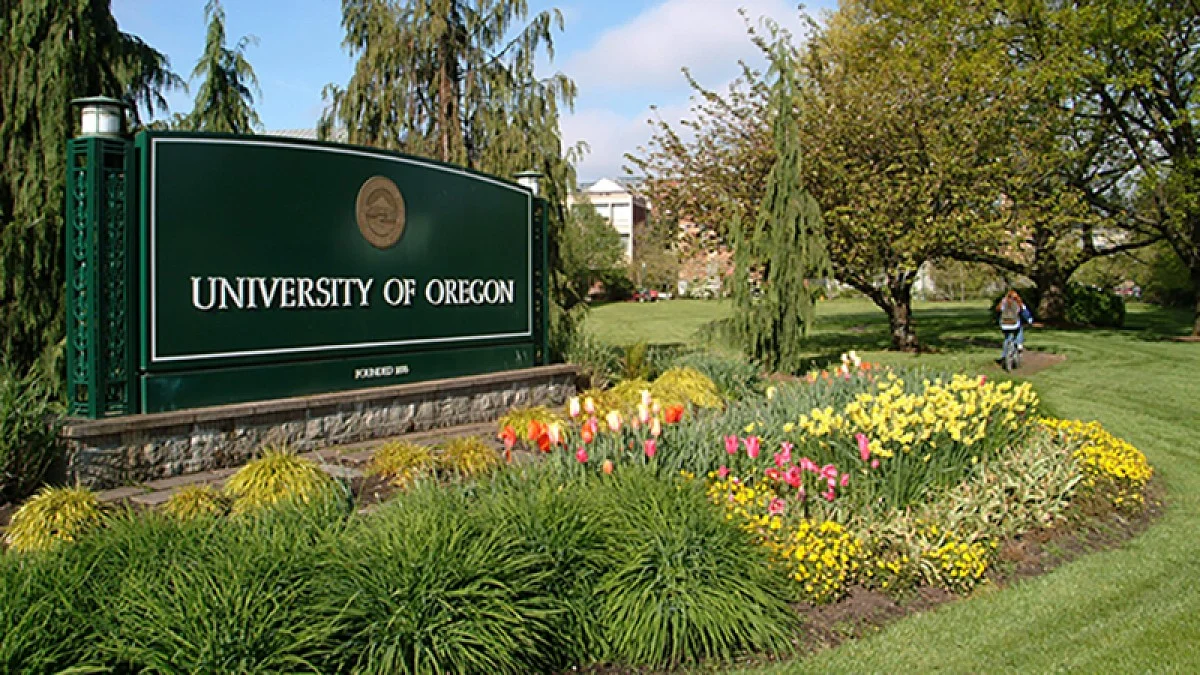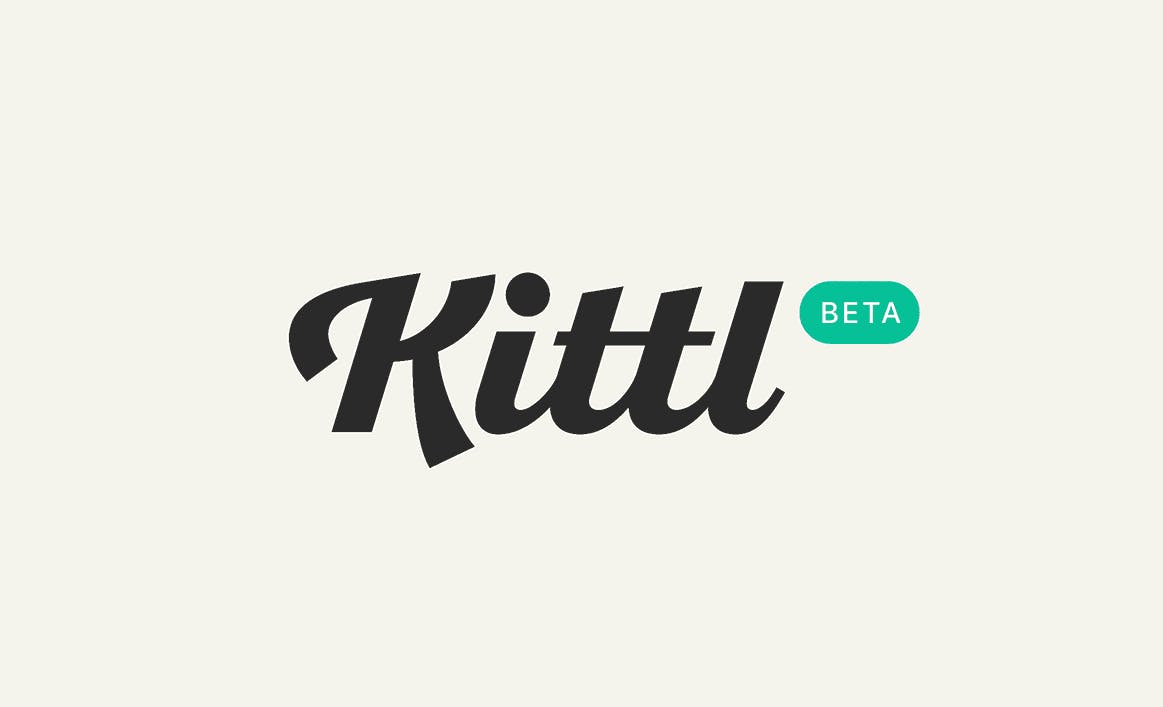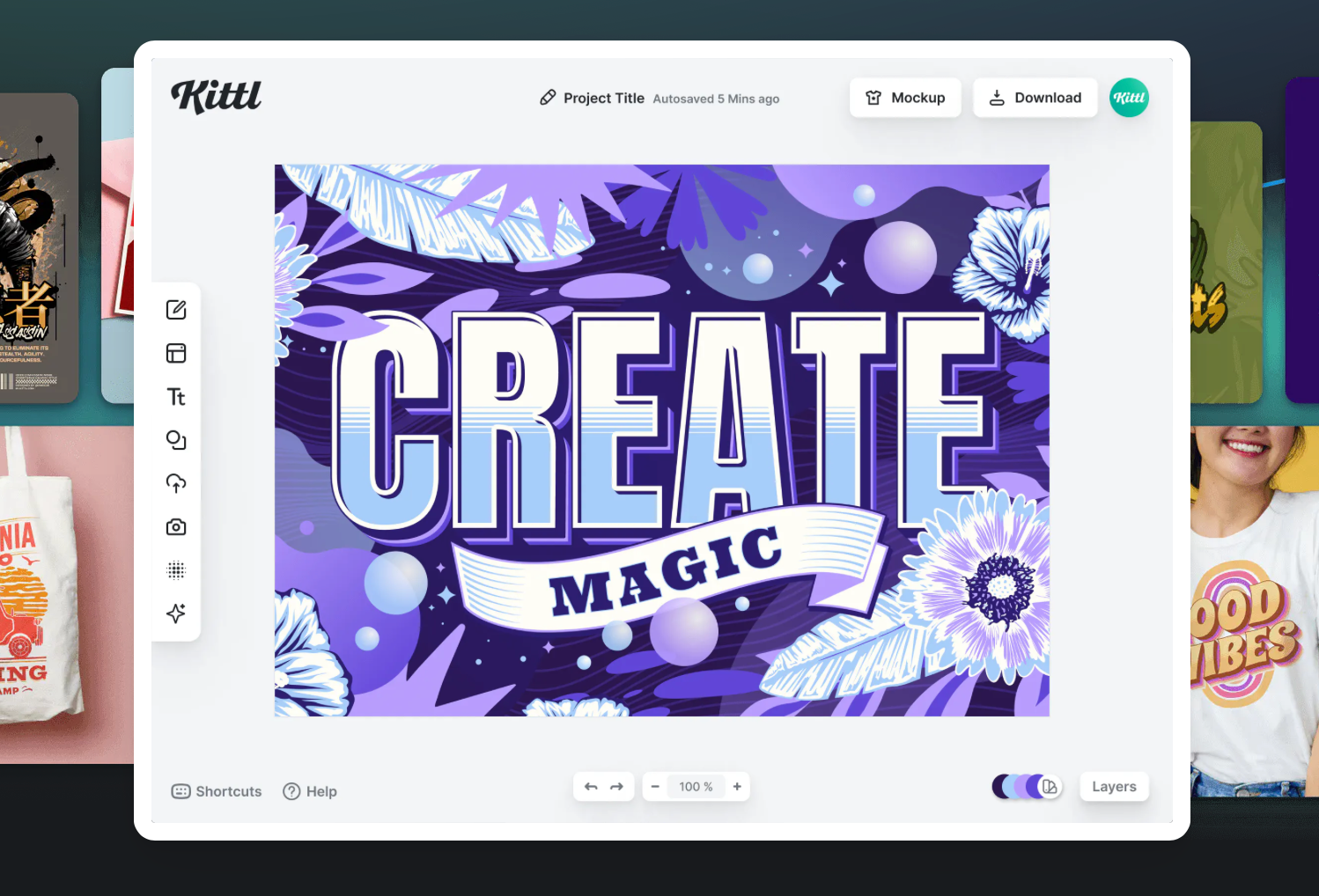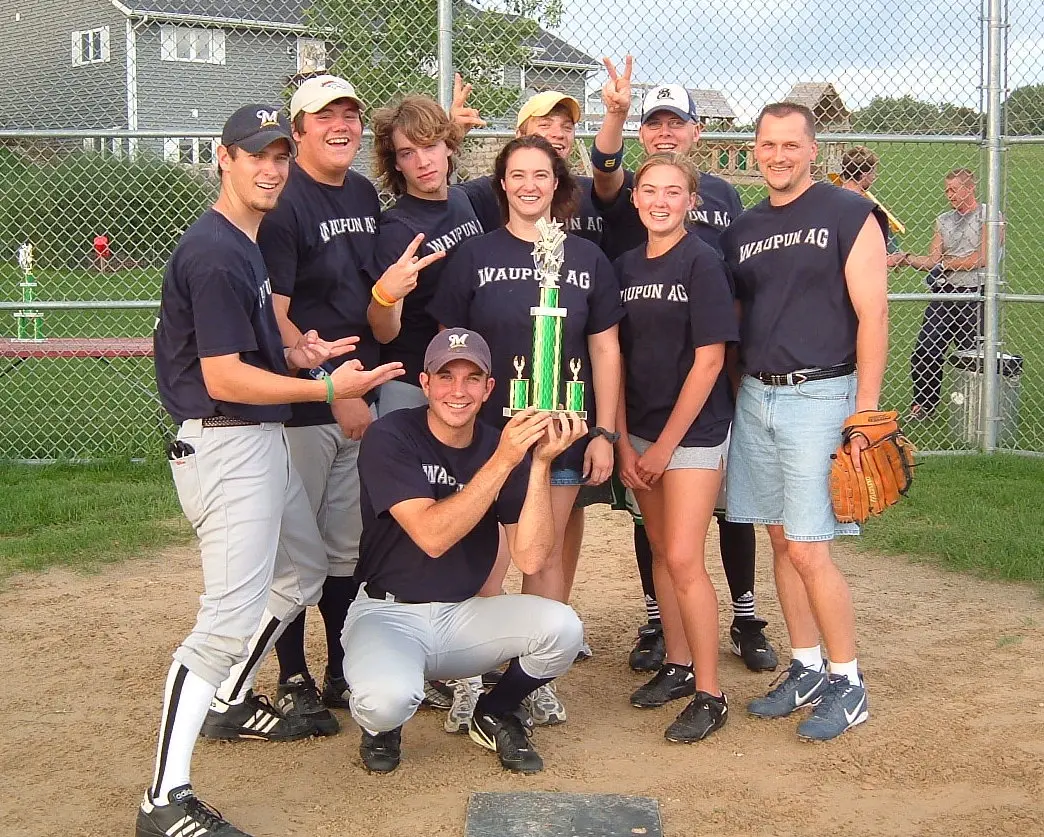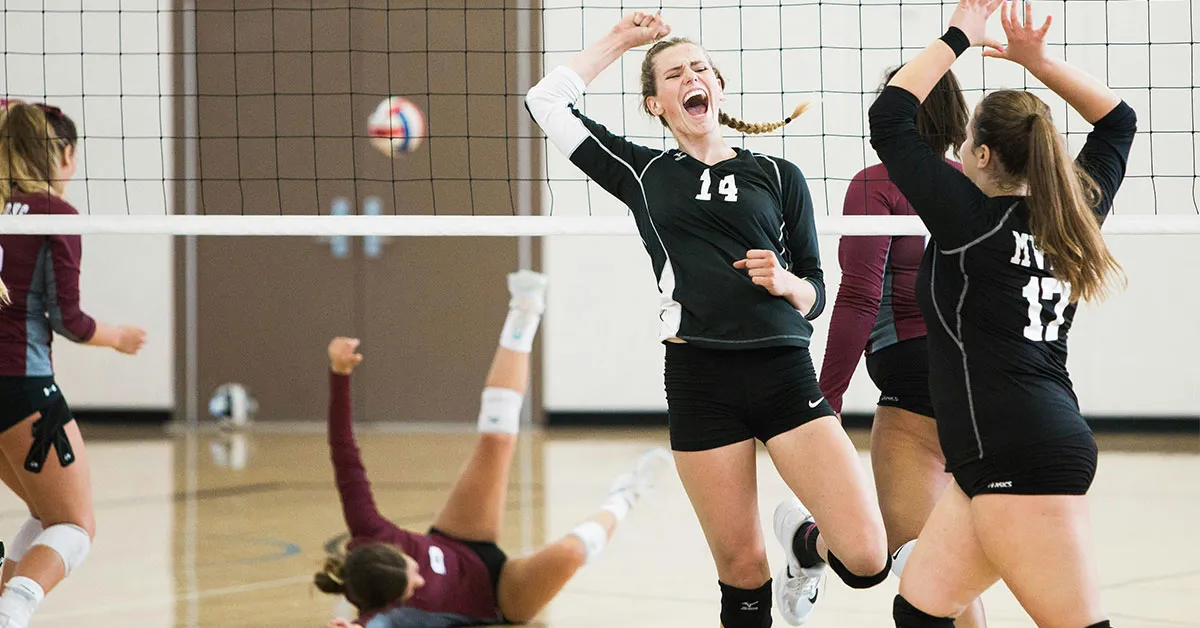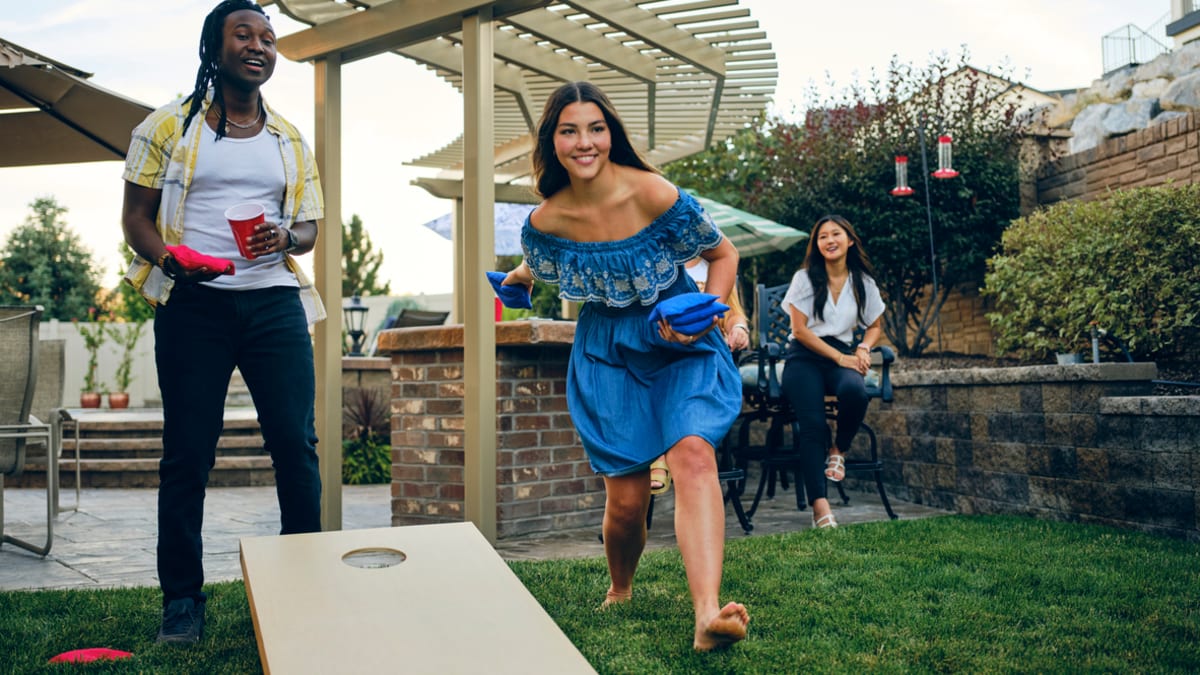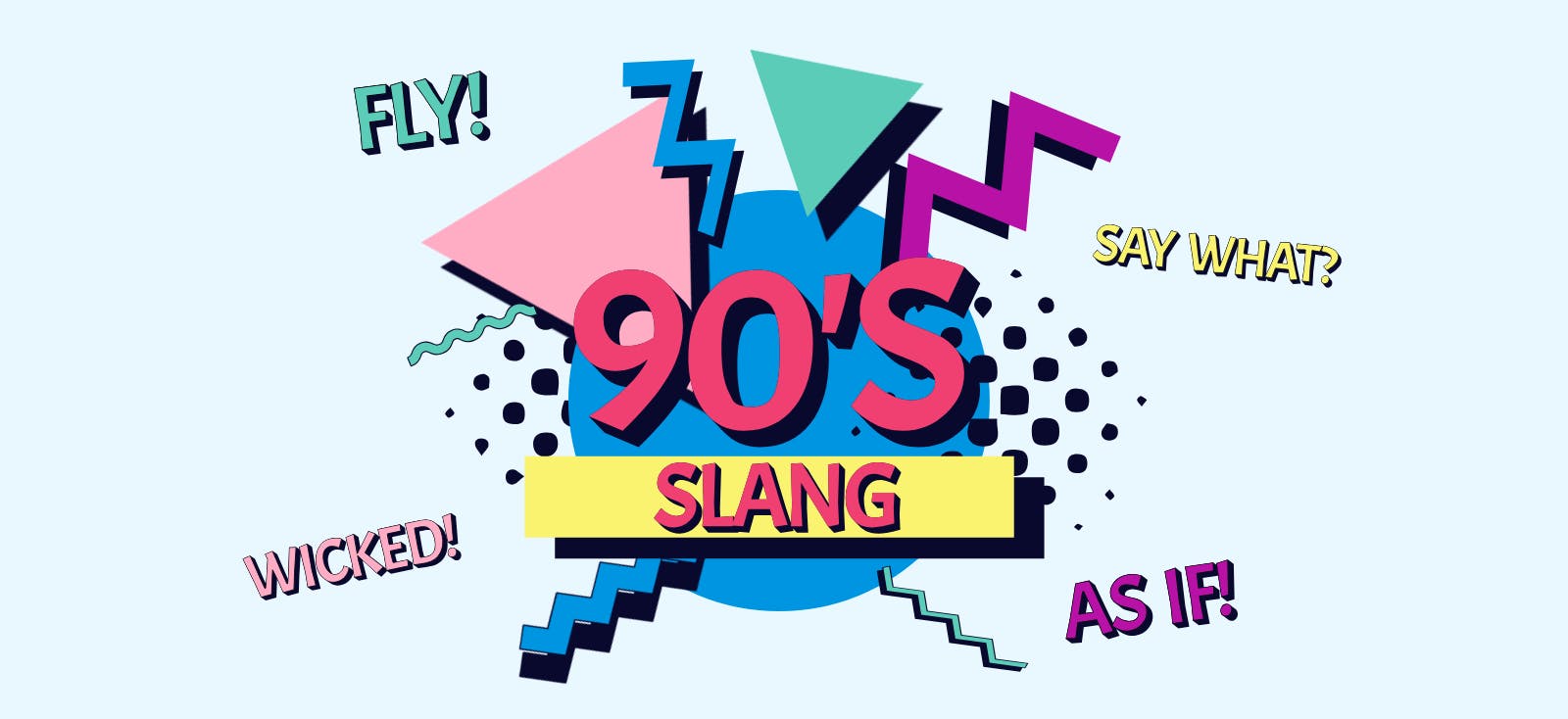
The 1990s, a decade of flannel shirts, iconic boy bands, and the rise of the internet, brought a cultural revolution that shaped modern pop culture. Amidst the vibrant energy of the era, a unique language emerged: 90s slang. This playful, quirky, and often hilarious lexicon reflects the social dynamics, entertainment, and technological innovations of the time. Let’s dive into the world of 90s slang, its origins, meanings, and its lasting impact on language today.
The Origins of 90s Slang
Slang is a reflection of culture, and in the 90s, several factors converged to create a unique linguistic landscape:
- Pop Culture Boom
The 90s saw the rise of blockbuster movies, MTV’s dominance, and the explosion of sitcoms like Friends and The Fresh Prince of Bel-Air. These platforms introduced and popularized new phrases, making them a staple in everyday conversation. - Youth-Centric Movements
Gen X and early Millennials were at the forefront of the 90s cultural scene. Their quest for individuality and rebellion against conformity influenced their speech patterns, giving rise to expressive and irreverent slang. - Regional Influences
Hip-hop and skateboarding cultures, largely influenced by urban areas, also played a significant role in shaping 90s slang. Words from these subcultures entered mainstream use through music, TV, and movies.
Popular 90s Slang Terms and Their Meanings
Let’s break down some of the most iconic 90s slang terms that defined the decade.
1. “All That and a Bag of Chips”
- Meaning: Someone or something exceptional or over-the-top great.
- Usage: “Did you see her outfit? She’s all that and a bag of chips!”
This phrase was used to emphasize someone’s awesomeness, often with a humorous twist.
2. “As If!”
- Meaning: An expression of disbelief or rejection.
- Usage: “He thinks I’ll go out with him? As if!”
Immortalized by Clueless (1995), this sarcastic retort became the anthem of dismissive teens.
3. “Booyah!”
- Meaning: An exclamation of triumph or excitement.
- Usage: “We won the game! Booyah!”
This energetic phrase was often shouted to celebrate victories or good news.
4. “Talk to the Hand”
- Meaning: A dismissive way to tell someone to stop talking.
- Usage: “You don’t like my style? Talk to the hand!”
Often accompanied by a raised palm, this sassy comeback epitomized teenage attitude.
5. “Whatever”
- Meaning: A dismissive response implying indifference.
- Usage: “You can believe what you want. Whatever.”
This term, often exaggerated with an eye roll, became a staple of 90s teen vocabulary.
6. “Home Skillet”
- Meaning: A term of endearment for a friend.
- Usage: “What’s up, home skillet?”
This term drew from hip-hop culture and was used to address close companions.
7. “Fly”
- Meaning: Cool, stylish, or attractive.
- Usage: “Those sneakers are fly!”
A crossover from 80s hip-hop culture, “fly” remained a favorite descriptor for anything impressive.
8. “Not!”
- Meaning: A sarcastic negation added after a statement.
- Usage: “You’re totally cool… not!”
Popularized by Wayne’s World (1992), this comedic twist added humor to conversations.
9. “Da Bomb”
- Meaning: The best or most amazing.
- Usage: “This pizza is da bomb!”
Used to describe anything that was exciting or of high quality.
10. “Scrub”
- Meaning: A person, often male, perceived as unsuccessful or unworthy.
- Usage: “I don’t want no scrub.”
Made famous by TLC’s hit song No Scrubs (1999), this term was often used to describe a deadbeat.
90s Slang in Pop Culture
The influence of 90s slang can’t be separated from the decade’s entertainment juggernauts. Here’s how movies, TV shows, and music helped spread the lingo:
Television Shows
- Sitcoms like Saved by the Bell, Full House, and Friends frequently featured slang in their scripts, embedding phrases into everyday speech.
- The Fresh Prince of Bel-Air blended urban and mainstream slang, introducing terms like “yo” and “whassup” to broader audiences.
Movies
- Teen comedies like Clueless and 10 Things I Hate About You served as cultural touchstones, amplifying slang like “whatever” and “as if!”
- Wayne’s World and Bill & Ted’s Excellent Adventure brought humor-driven expressions like “not!” and “bogus” into the spotlight.
Music
- Hip-hop and R&B artists like Tupac, TLC, and Missy Elliott incorporated slang into their lyrics, influencing how fans spoke.
- Boy bands and pop icons also played a role, using simplified slang to connect with their teenage audiences.
Why 90s Slang Endures
Despite being decades old, 90s slang has a timeless charm. Many of these terms remain in use today or have experienced revivals. Here’s why:
1. Nostalgia
Millennials, who grew up in the 90s, now dominate media, fashion, and social platforms. Their longing for simpler times has brought back slang, along with 90s music and fashion.
2. Internet Culture
Memes and viral trends frequently draw inspiration from 90s pop culture. Phrases like “as if!” often resurface in digital content, reaching new generations.
3. Timeless Humor
The playful, sarcastic tone of 90s slang still resonates with people looking for lighthearted ways to express themselves.
The Evolution of Slang: From the 90s to Now
Slang is ever-evolving, reflecting the cultural zeitgeist of its time. In comparing 90s slang to today’s internet-driven lexicon, we notice key differences:
90s Slang
- Rooted in pop culture and face-to-face interactions.
- Often playful, exaggerated, and humorous.
- Spread through TV, movies, and music.
Modern Slang
- Heavily influenced by social media platforms like TikTok and Twitter.
- Often shorter and text-driven (e.g., “sus,” “slay”).
- Spreads globally in real-time, thanks to the internet.
Despite these changes, many 90s phrases have stood the test of time, blending seamlessly with today’s slang.
How to Bring 90s Slang Back
If you’re feeling nostalgic and want to sprinkle some 90s vibes into your conversations, here are some tips:
- Know Your Audience
Slang works best when your audience understands the references. Use it around fellow 90s kids or pop culture enthusiasts for maximum impact. - Use It Playfully
90s slang is inherently fun and lighthearted. Don’t take it too seriously—lean into its silliness. - Blend It with Modern Lingo
Combine 90s slang with current expressions for a unique twist. For example, “That outfit is da bomb, fr” blends eras effortlessly.
Conclusion: The Legacy of 90s Slang
The 90s were a treasure trove of cultural innovation, and its slang remains a testament to the decade’s creativity and energy. Whether you’re a “home skillet” reminiscing about the good old days or a newcomer exploring the era’s quirks, 90s slang offers a delightful glimpse into a time when beepers were cutting-edge and “whatever” was the ultimate mic drop. So next time someone asks if the 90s were cool, just respond, “As if!”

